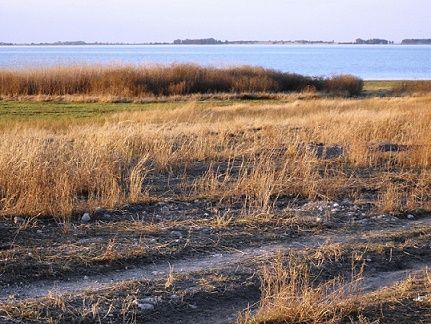Farmers are having difficulty getting enough food for their animals because of the recent hot, dry summer weather. The drought is causing a shortage of hay and suitable grain, reports DR Nyheder.
READ ALSO: Drought could cost Danish agriculture sector billions
“We’ve not had such a water deficit as we have now since 1970,” said Troels Toft, the sector director for plants at the agricultural scientific centre Seges.
One solution would be to harvest corn, but it is not yet ripe. Another might be to transport hay across the country.
“I think we are going to have to transport hay from east to west Denmark because on Zealand and Funen they don’t need hay for fodder but use a lot of it in furnaces. There aren’t so many animals in eastern Denmark,” added Toft.
No more grilled sausages
The drought has also prompted a total ban on open fires across the whole country from midday today, reports DR Nyheder.
READ ALSO: Lack of rain cancels out Skt Hans Aften bonfires
“That means that you are not allowed to use open fires or barbecue in public spaces or use flame guns to tackle weeds by the garage,” said Bjarne Nigaard, the secretariat head at the Danish emergency services organisation Danske Beredskaber.
“Heating sources such as terrace warmers are also banned. You have to avoid anything that can cause a fire in nature,” he added.
Some municipalities are allowing grilling in private gardens as long as the barbecue is placed on a non-flammable surface.
People are being advised to check the website of their local emergency service if they are in doubt as to which rules apply in their area.














